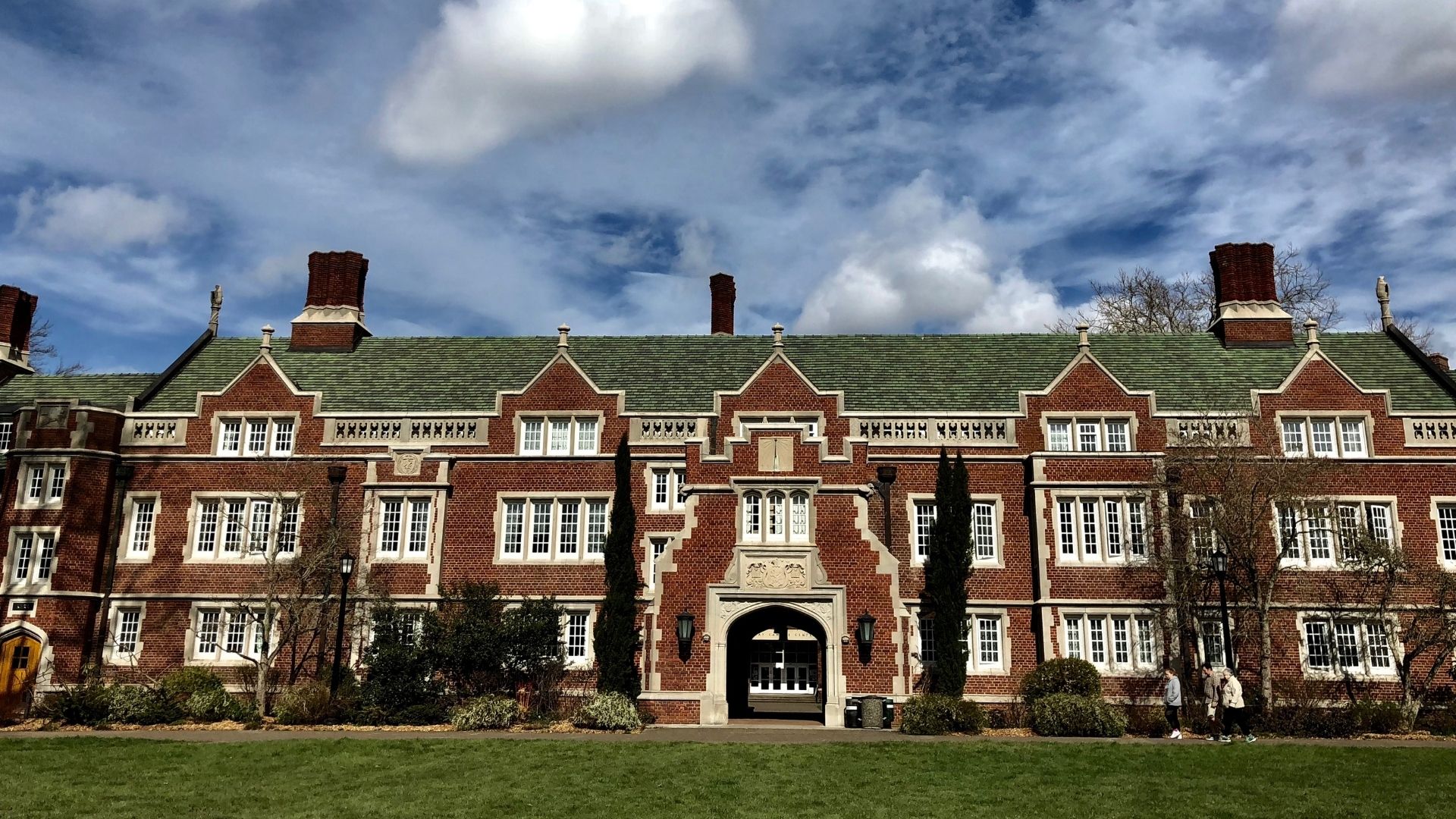Despite their size, the impact of a small liberal arts college experience can often be everlasting.
July 2019

Reed College, a private liberal arts college in Portland, offers Bachelor of Arts degrees in 40 majors and programs. Photograph by DRBURTONI/Courtesy Flickr
Small liberal arts colleges, which are characterized by an emphasis on undergraduate education and a commitment to the liberal arts, represent a unique institutional model. Born in the U.S. higher education system, it is now exported globally. What impact do these colleges have on students? The students acquire skills that they carry with them into their futures and the world. Most credit their undergraduate education at small liberal arts colleges for shaping many aspects of their lives.
The liberal arts as an ethos is, perhaps, the most significant takeaway for majority of the students. Take, for example, Apple Inc. co-founder Steve Jobs, who attended Reed College in Oregon for just a semester, but continued to praise its benefits in guiding his mission late into his career. He championed the cause of “technology married to the liberal arts and humanities,” and also famously credited a calligraphy class offered at Reed College for influencing the “beautiful typography” of the first Macintosh computer.
I graduated from that college about four decades after Jobs attended it, in 2014. Its most significant impact for me so far has been the inculcation of an openness to multiple possibilities in my professional and academic life, as well as a genuine curiosity and appreciation for knowledge across different disciplines and domains. Mira Kamdar, class of 1980, who has had a distinguished career in journalism and policy, echoes this sentiment. “When I graduated from Reed with a degree in French, I thought a Ph.D. and a career in academia were the next natural steps for me…But, since then, I have veered in many directions, writing and researching mostly about India…A strong foundation in the liberal arts allowed me to hold my own across many contexts,” she says.
Even for those who follow through with their academic goals, the experience of studying at a small liberal arts college is a defining choice. Jason Swinderman, class of 2015, majored in biology at Reed College and is now a Doctor of Medicine/Ph.D. student at the University of California, San Francisco. While the liberal arts are often viewed as limited to the humanities, for him, it was the education in the sciences that really stood out. “The commitment to taking ownership of scientific research in the lab and classroom, as an undergraduate, is quite incredible,” says Swinderman. “And, it may be hard to find that kind of emphasis in the sciences in other educational settings.”
Another distinctive aspect of these colleges is the sense of community, and the commitment to building it. Mirra Savara went to Reed College in the 1960’s from India, and then came back to become a leader in the women’s rights movement. She looks back at her time at the college as “monumental,” as she got her first taste of movements, organizing and activism by getting involved in protests and movements. The campuses nurture a commitment to causes, whether international, national, local or even specific to the college, thereby empowering students to act on behalf of their communities.
The small student bodies can often be viewed as a limiting factor, but for Sumudhu Jayasinghe, that is exactly what she cherishes. “It teaches you that no matter where you go, finding and building community is important,” says the 2013 batch student of Sarah Lawrence College, New York, “even when you are in much larger settings that encourage anonymity.”
Small liberal arts colleges may account for only one percent of the undergraduate student population in the U.S. higher education landscape, but for that one percent, the experience can be an education for a lifetime.
Archit Guha is an EducationUSA adviser at the United States-India Educational Foundation, New Delhi.
COMMENTS